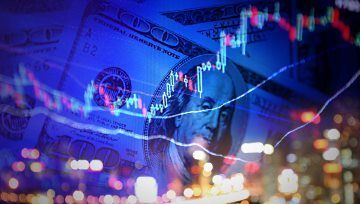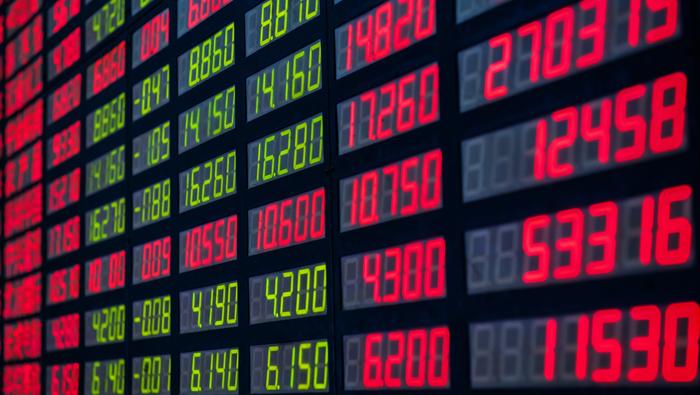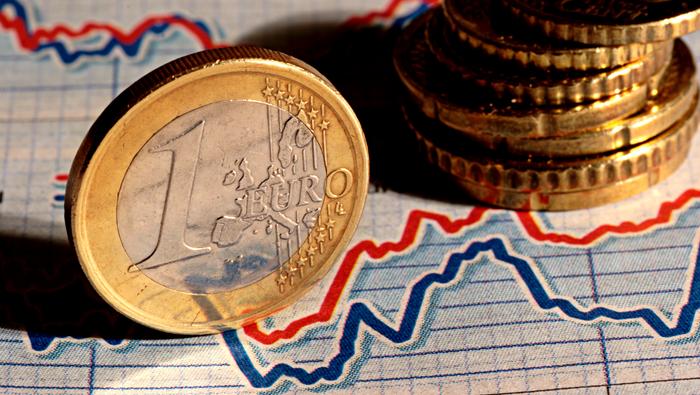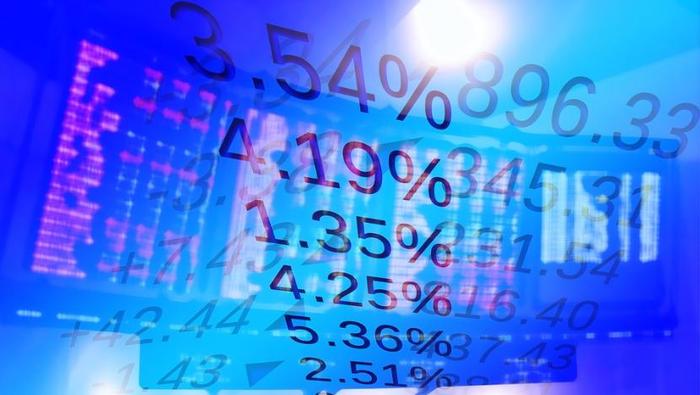Singapore Financial Centre Talking Points:
- Singapore is attempting to burnish its position as Asia’s top foreign exchange hub
- It wants big players to set up onshore to cut trading times
- Traders everywhere should keep an eye on how this goes
Join our analysts for live, interactive coverage of all major economic data at the DailyFX Webinars. We’d love to have you along.
Despite growing economic eminence, Asia still lacks a foreign exchange trading centre to compete with the world heavyweight champions of London and New York.
Singapore usually takes top regional spot these days, having pulled clear of Tokyo. About US$520 billion in forex deals took place daily in the city state in February, according to its own monetary authority. That’s nice but it is still small beer compared to London’s $2.4 trillion and New York’s $1.3 trillion.
A Second is a Long Time in Forex
But Singapore is angling for a bigger slice of this huge global pie and traders everywhere should probably keep an eye on how its efforts pan out. The country is heavily incentivising big forex players to set up local hubs and shave milliseconds off the current trading delay necessitated by routing trades through Tokyo or London.
The Straits Times reported that UBS and Citigroup have already set up ‘pricing engines’ onshore in Singapore and that the Monetary Authority of Singapore reportedly hopes to bring over between six and eight more big players.
That may not sound like much but bear in mind that about ten major financial institutions (usually American, British, German and Swiss) account for nearly 70% of global foreign exchange trade turnover worldwide.
How Will Other Regional Hubs React?
Of course, Singapore may even if successful simply take business away from other regional hubs such as Tokyo and Hong Kong, without really growing Asia’s overall share of the action.
There will also remain for the foreseeable future the problem that the region’s biggest currency, China’s Yuan, is not going to be freely floated and tradeable. This will put a natural limit on the ability of any regional hub to take on the established titans. Freely tradeable major currencies underpin the dominance of both New York and London.
Still, the ambition is there and Asia’s de facto position as rather a ‘rule taker’ in foreign exchange is not set in stone. For sure the action now tends to focus on the interplay between Europe and the US, with what happens there tending to set the tone for the following Asian session.
Singapore, at least, doesn’t see this as inevitable. Keep an eye on those volumes.
Resources for Traders
Whether you’re new to trading or an old hand DailyFX has plenty of resources to help you. There’s our trading sentiment indicator which shows you live how IG clients are positioned right now. We also hold educational and analytical webinars and offer trading guides, with one specifically aimed at those new to foreign exchange markets. There’s also a Bitcoin guide. Be sure to make the most of them all. They were written by our seasoned trading experts and they’re all free.
--- Written by David Cottle, DailyFX Research
Follow David on Twitter @DavidCottleFX or use the Comments section below to get in touch!






